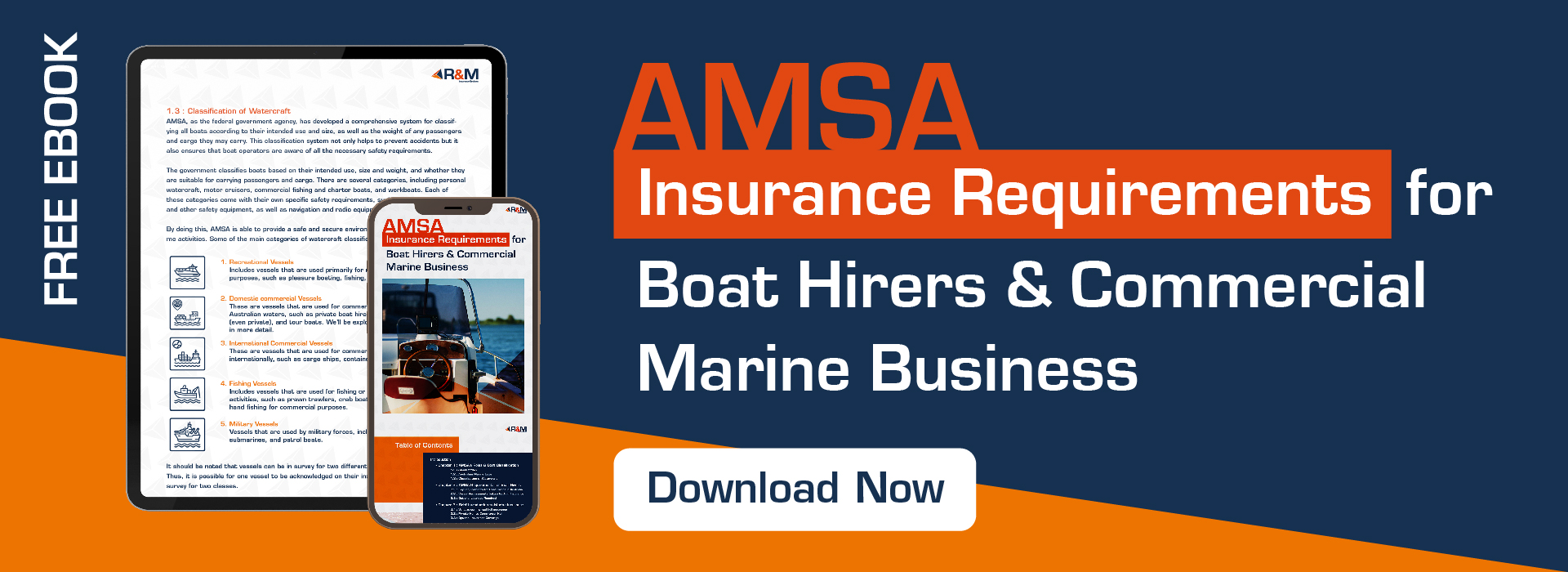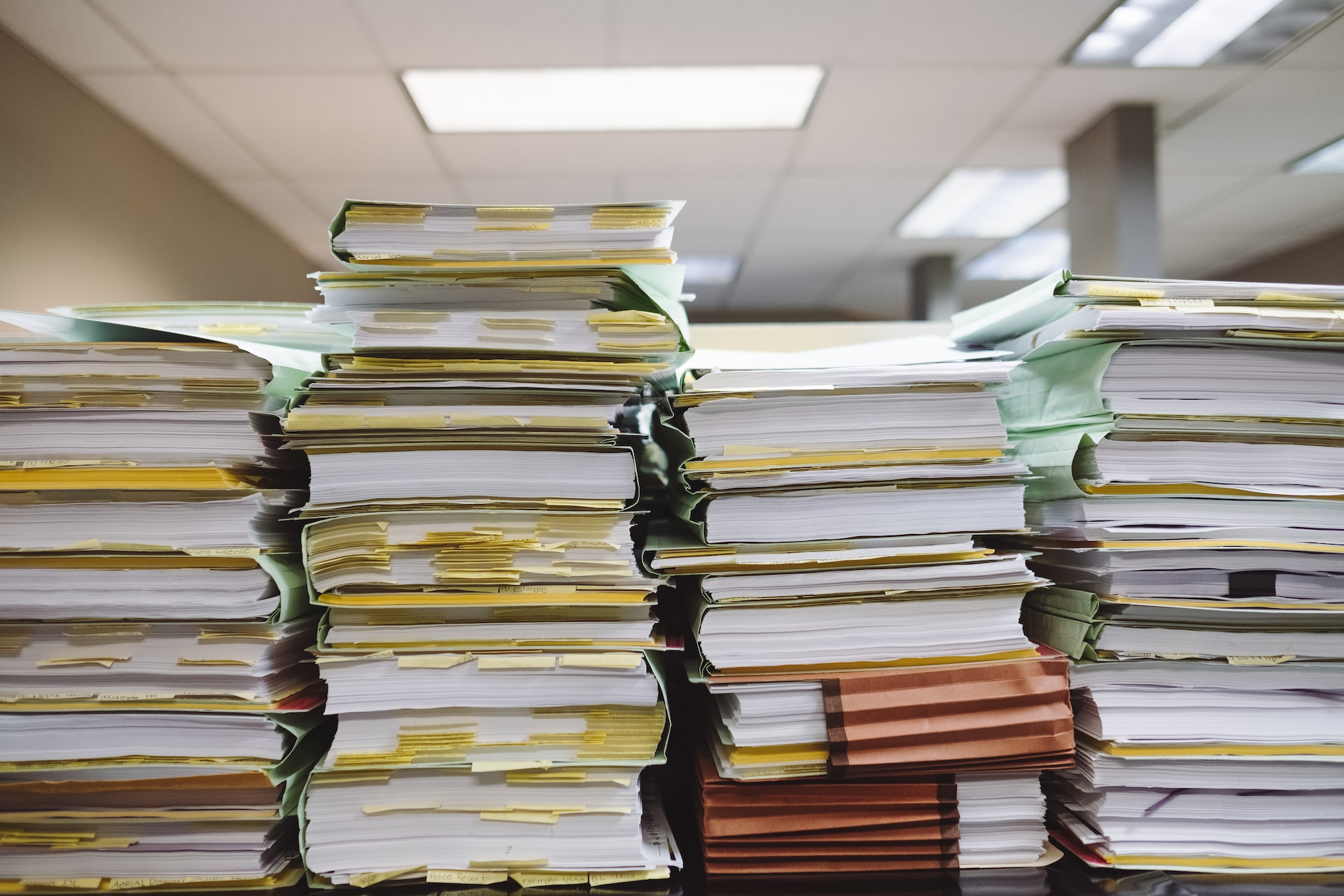
There is no universal marine insurance to address the diverse nature of marine business. Marine insurance policies in Australia can vary in terms of coverage, terms, and conditions depending on the insurance provider and the specific policy. Depending on the policy, the differences can range from overt exclusions to variations in the details and extent of coverage.
Different insurers may offer different types of marine insurance products tailored to specific needs, such as boat insurance, yacht insurance, cargo insurance, or marine liability insurance. The terms and conditions of these policies can differ, including coverage limits, deductibles, exclusions, and optional add-ons.
To illustrate the diversity of marine insurance that are being offered out there, let’s take a look at 8 such types of marine insurance and what they generally do:
1. Hull Insurance
Hull insurance is a type of marine insurance that specifically covers the physical damage to a boat or vessel, including machinery, fittings, and fixtures. It provides protection against a wide range of risks, including accidents, collisions, fire, and theft. It typically covers the repair or replacement costs of the insured vessel, including its machinery, fittings, equipment, and accessories.
2. Protection and Indemnity (P&I) Insurance
Protection and Indemnity (P&I) insurance is a type of marine liability insurance that provides coverage for a wide range of liabilities that can arise from owning, operating, or chartering a vessel. It is typically obtained by shipowners, operators, and charterers to protect themselves against third-party liability claims, including bodily injury, property damage, collision liability, pollution liability, wreck removal, and cargo liability.
P&I insurance covers a broad scope of risks and liabilities that may arise in the maritime industry. It provides financial protection and legal representation in the event of claims or lawsuits brought by third parties, such as crew members, passengers, other vessels, or port authorities. This type of insurance often includes coverage for legal defence costs, settlement payments, and compensation awards. P&I insurance is also usually suitable for larger hulls such as trawlers, tug boats, barges, and water taxis for the higher limits available when required.
3. Cargo/Freight Insurance
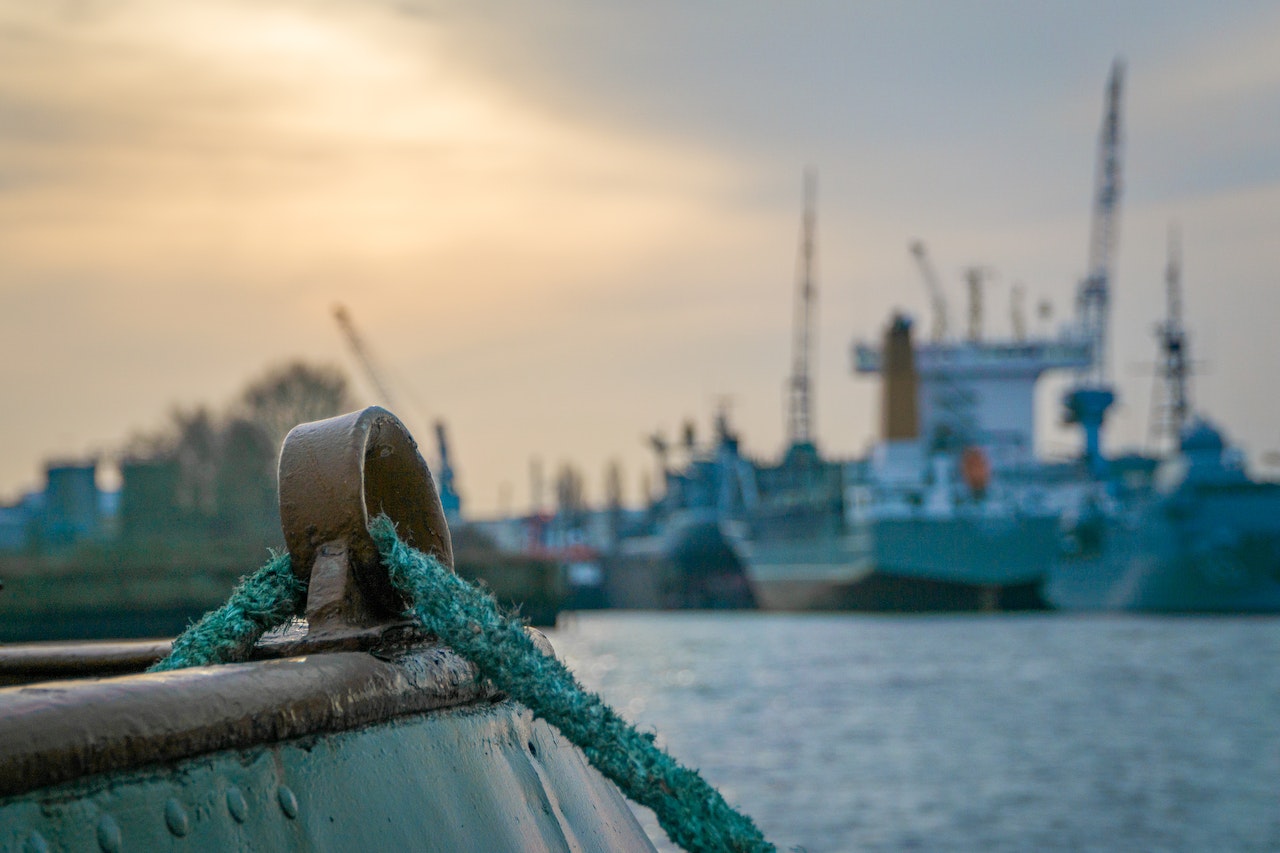
Cargo insurance is a type of insurance that provides coverage for goods or merchandise being transported by various modes of transportation, such as by ship, plane, truck, or train. It protects the owner or shipper of the cargo against loss or damage that may occur during transit.
It typically covers a wide range of risks, including theft, damage caused by accidents or mishandling, fire, natural disasters, and other unforeseen events. Cargo insurance plays a vital role in protecting businesses and individuals involved in trade and logistics by providing financial security and peace of mind during the transportation of goods.
4. Marine Builder’s Risk Insurance
Marine Builder’s Risk Insurance, also known as Construction All Risk (CAR) Insurance or Marine Construction Insurance, is a specialised insurance coverage designed to protect the interests of marine construction projects. It provides coverage for the risks associated with the construction, repair, or renovation of vessels, marine structures, and other related projects.
It usually covers physical loss or damage to the insured property during the course of construction, including risks such as fire, theft, vandalism, natural disasters, and other unforeseen events. It may also include coverage for additional expenses incurred due to delays in the project caused by covered perils.
It can be an essential policy for marine contractors, shipbuilders, yacht builders, and other parties involved in marine construction projects. Marine Builder’s Risk Insurance plays a critical role in mitigating the financial risks associated with marine construction projects. It helps ensure that any unexpected losses or damages during the construction process are covered, allowing the project to proceed smoothly and minimising potential financial liabilities for the parties involved.
5. Marine Liability Insurance
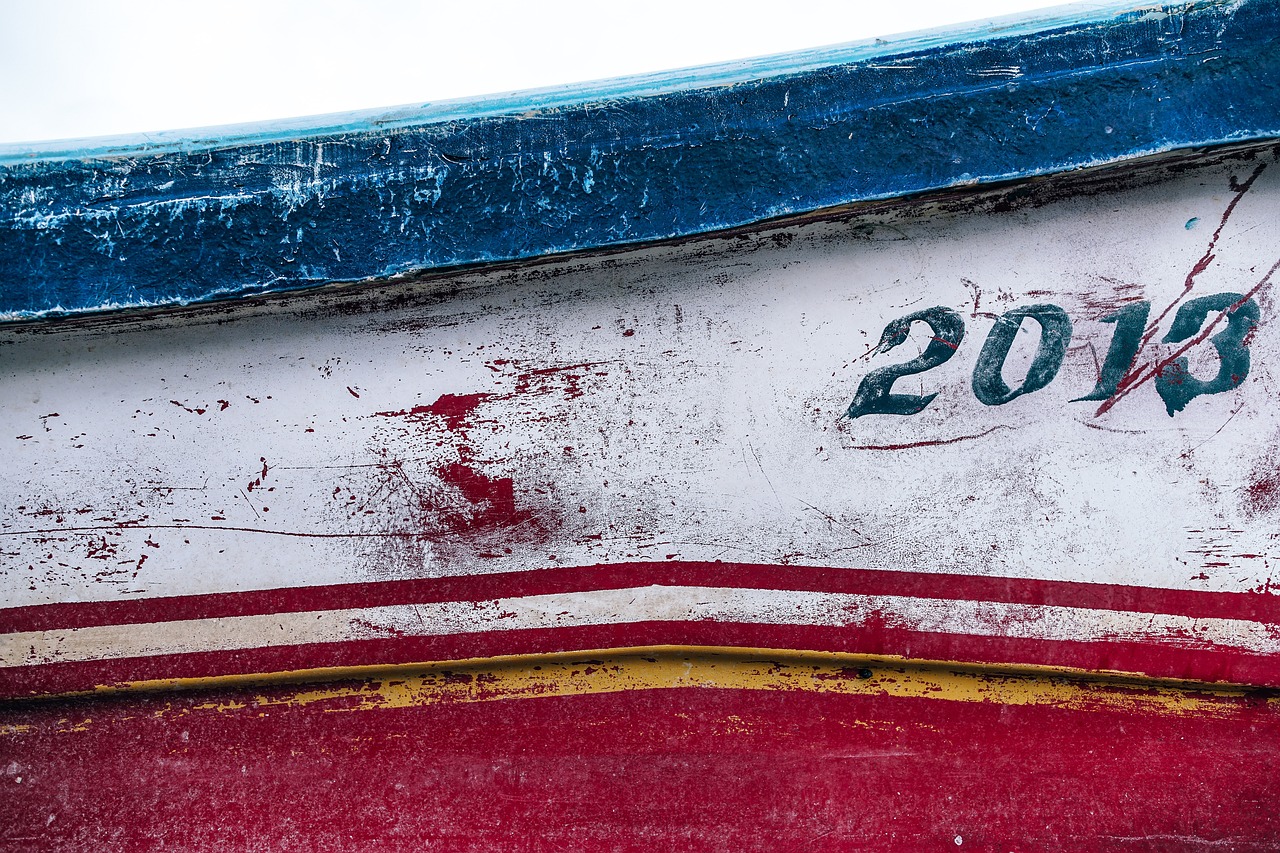
Marine Liability Insurance is a specialised type of insurance that provides coverage for the liabilities and risks associated with maritime activities. It is designed to protect businesses and individuals involved in the marine industry from potential legal and financial consequences resulting from third-party claims.
This insurance covers a wide range of liabilities, including bodily injury, property damage, pollution liability, wreck removal, collision liability, and cargo liability. These liabilities can arise from various marine activities, such as vessel operations, chartering, cargo handling, ship repair, marina operations, and more.
6. Personal Watercraft Insurance
Personal Watercraft Insurance, also known as PWC insurance or Jet Ski insurance, is a specialised insurance policy that provides coverage for personal watercraft, such as Jet Skis, WaveRunners, and other similar watercraft. It is designed to protect owners from potential risks and liabilities associated with operating these recreational vessels.
It typically offers coverage for a range of risks, including physical damage to the watercraft, theft, liability for bodily injury or property damage to others, medical expenses, towing costs, and wreckage removal. The coverage can apply both on and off the water, providing protection during transportation, storage, and while in use. Personal Watercraft Insurance is not typically required by law, but it is highly recommended for owners to protect themselves financially in case of accidents, damages, or injuries.
7. Marine Cyber Insurance
This highly-specialised policy covers cyber-related risks such as loss of data, cyber attacks, or cyber extortion. It is an insurance coverage that addresses the risks and liabilities associated with cyber threats and incidents in the maritime industry.
Marine cyber insurance is designed to protect businesses operating in the maritime sector from the financial and reputational consequences of cyberattacks, data breaches, and other cyber-related incidents. Therefore, it is usually more suited to larger hulls, employed by the corporation to protect their supply chain in case of war and terrorism.
8. Skipper’s Liability Insurance
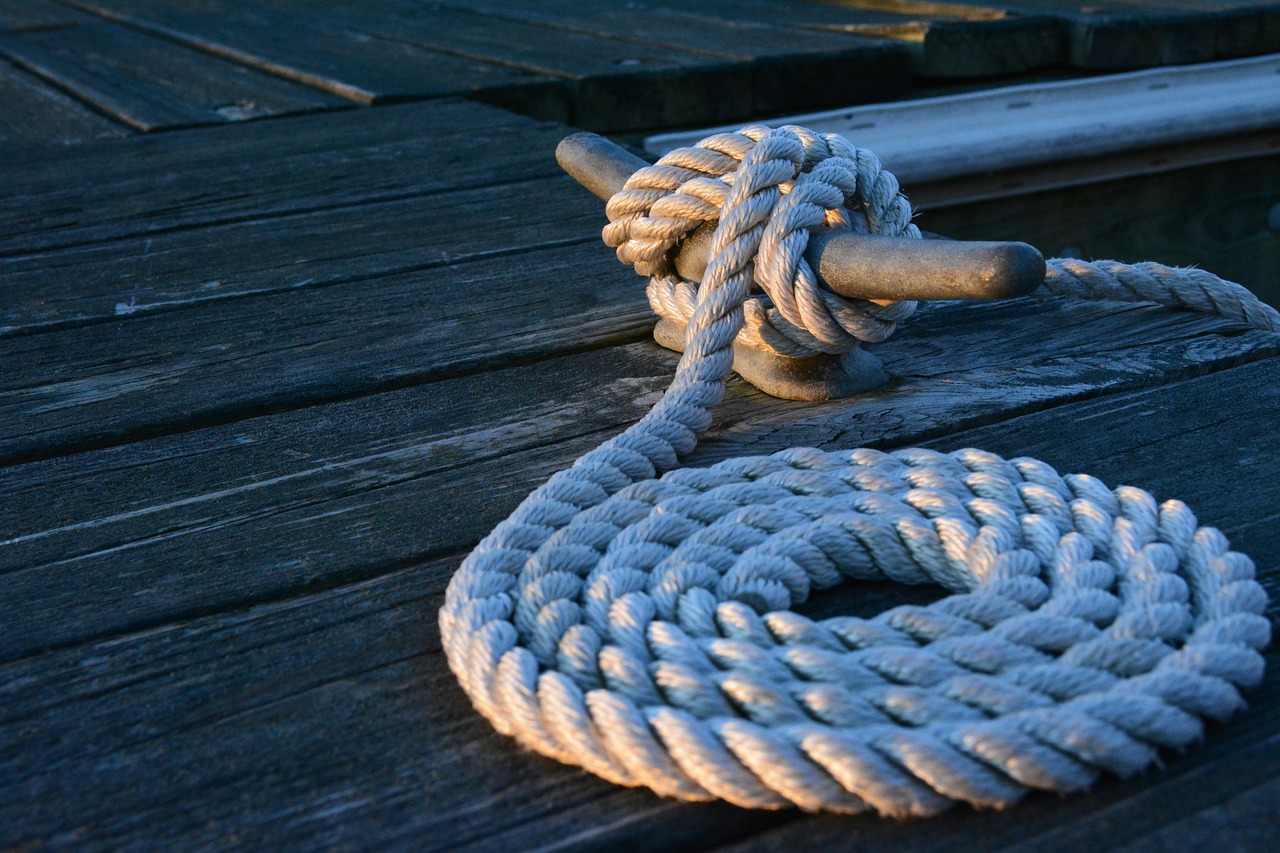
Skipper’s Liability Insurance, also known as Boat Operator’s Liability Insurance or Captain’s Liability Insurance, is a type of insurance coverage specifically designed for individuals who operate boats or vessels. It provides protection against liabilities and risks associated with the operation of the boat as a skipper or captain.
This insurance covers the skipper or boat operator for legal liabilities that may arise from accidents, injuries, or property damage caused while operating the boat. It helps protect the skipper from potential financial losses, legal expenses, and compensation claims made by third parties. Such coverage can include bodily injury and property damage liabilities, medical expenses, legal defence costs, and pollution liability.
Conclusion
We can see that there are a lot of different types of marine insurance available in the country alone. Which is why it’s crucial to carefully review the terms of any marine insurance policy you consider and to compare offerings from different insurers to ensure that the coverage aligns with your specific requirements. Working with an experienced insurance professional or broker can help you navigate the options and find the right marine insurance policy that suits your business needs. Get the right coverage and protection by working with an insurance broker.

